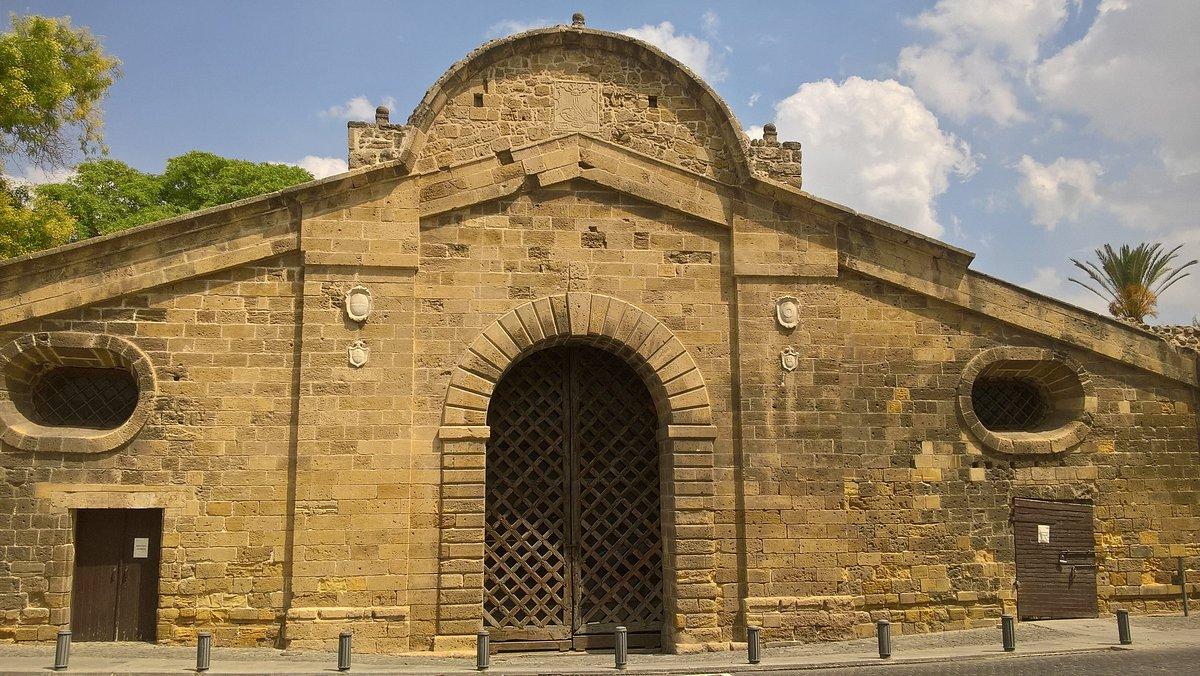Controversy continues to rage in Nicosia over the construction of a high-rise building next to the historic Famagusta Gate.
On Friday 21 February, the Department of Antiquities joined the debate. In particular, the department said it was against the idea.
The Venetian Walls are the symbol of the city and the Famagusta Gate is an important part of it. You don't have to be an archaeologist to realise that they need to be protected,' said the department's director, Giorgos Georgiou.
It should be noted that the developer originally wanted to build a 36-storey skyscraper 150 metres high, but after criticism of the project, the number of floors was reduced to 27 and then to 26. Nevertheless, the architectural community and the Cyprus Association of Archaeologists (CAA) declared that they considered the project a threat to the city's cultural image. Later, the developer proposed to build four 8-storey residential buildings. This option is in accordance with the zoning plan, but involves a reduction in the landscaped area. The Department of Antiquities stressed that international conventions require the preservation not only of the Famagusta Gate itself, but also of its surroundings.

Georgiou said that although the law allows the number of storeys to be increased by two, the historical value of the site requires that the 8-storey limit be respected. The head of the department said that uncontrolled urbanisation undermines the city's connection with its history and worsens the quality of life. The authority is currently studying the opinions of experts, including the fire brigade, environmentalists and the public works department. The issue remains open, but the controversy surrounding the development has been going on for several years.
The Department of Antiquities recognises the dilemma of having to develop and protect heritage. But in this case, it can at least respect the law, which sets a limit of eight storeys. The uncontrolled loss of heritage due to chaotic urban development and investor pressure threatens not only the identity of the city, but also the connection of its inhabitants to their history and heritage. Such urban projects are not in line with the principles of sustainable development and balanced growth and have a negative impact on the quality of life of citizens," concluded Georgiou.
